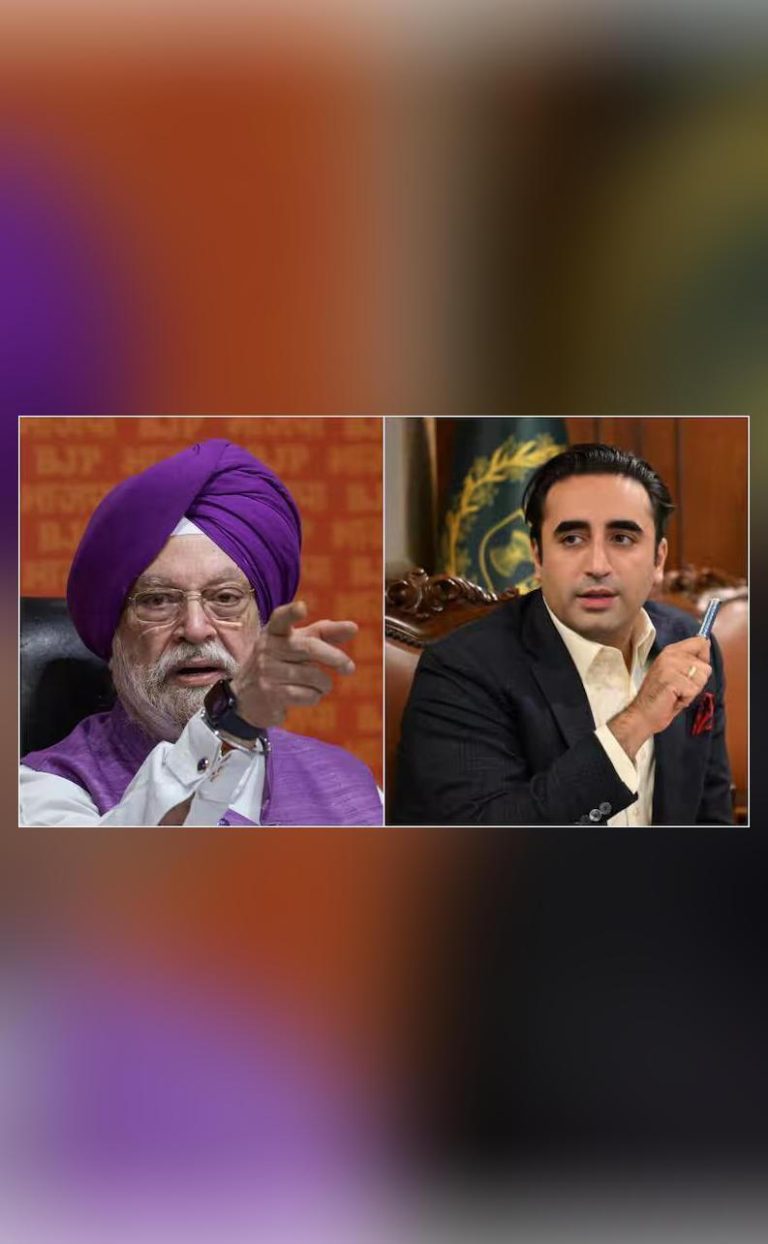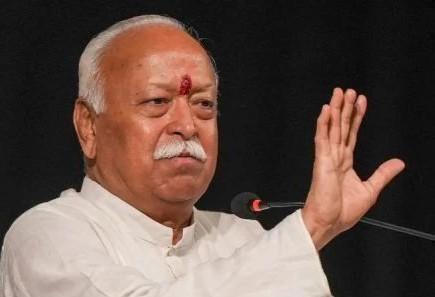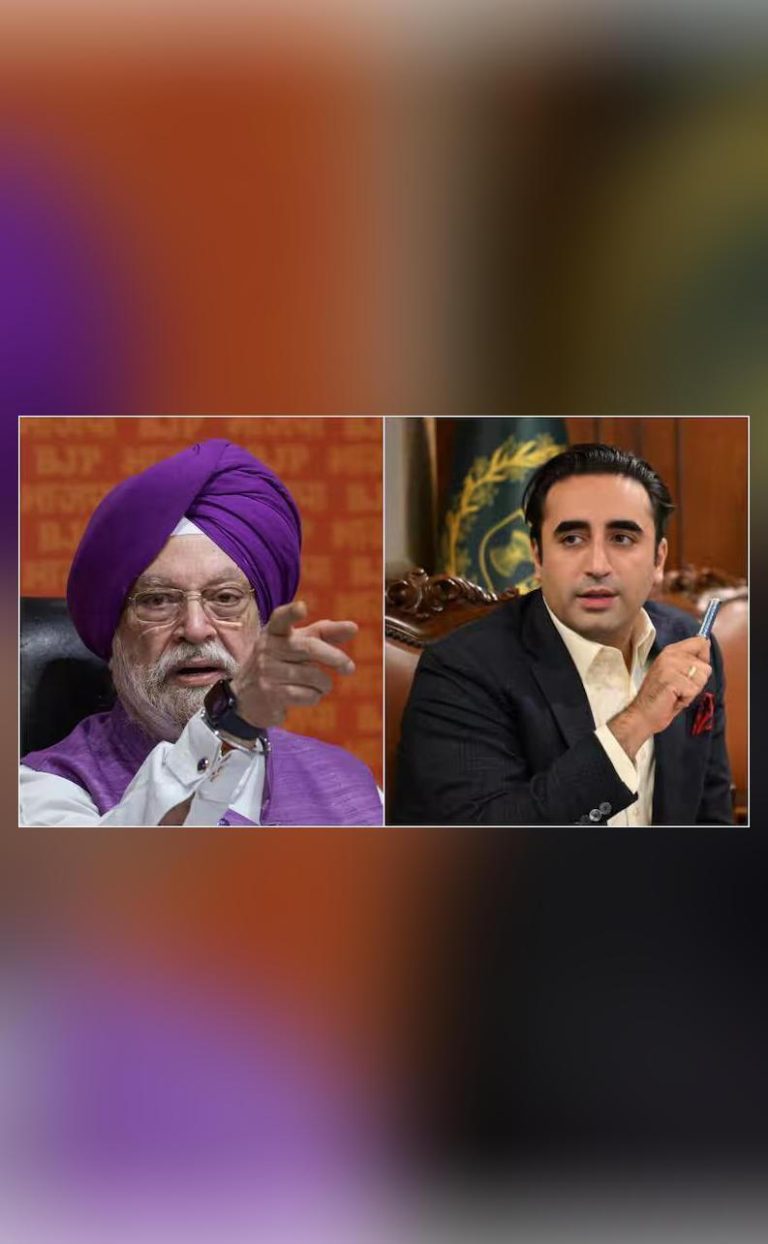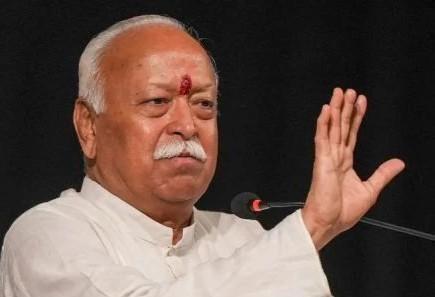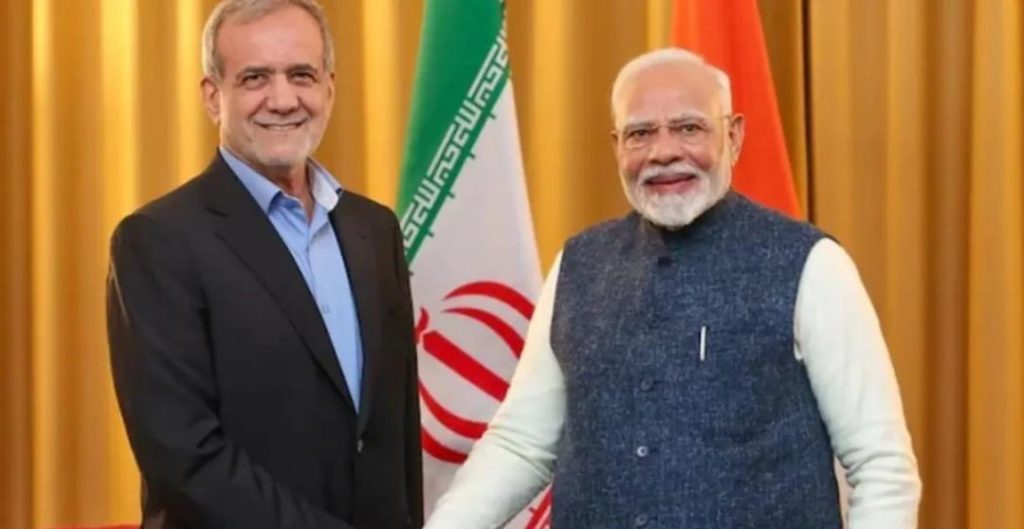
Iran Offers to Mediate between India & Pakistan after Pahalgam Attack
The recent terrorist attack in Pahalgam, Jammu and Kashmir, has sent shockwaves across the region, straining the already tense relations between India and Pakistan. As the two countries trade accusations and engage in a war of words, Iran has stepped forward to offer its mediation services, seeking to ease the standoff and promote greater understanding between the two nations.
In a statement to X (the official X News Agency), Iran’s Foreign Minister Seyed Abbas Araghchi emphasized Tehran’s willingness to use its “good offices” in Islamabad and New Delhi to facilitate dialogue and cooperation. This offer comes amidst heightened tensions between India and Pakistan, with India suspending the Indus Waters Treaty and Pakistan retaliating by imposing a ban on Indian goods.
The Pahalgam attack, which claimed the lives of several civilians and left many more injured, is a stark reminder of the ongoing terrorist menace in the region. The attack has been widely condemned by governments and international organizations around the world, with many calling for an end to violence and terrorism.
Iran’s offer to mediate between India and Pakistan is a significant development in the ongoing standoff, as both countries have historically been wary of outside intervention in their disputes. However, the fact that Iran has been a key player in regional affairs for decades, with strong ties to both India and Pakistan, makes its mediation efforts all the more plausible.
For its part, India has been clear in its stance that it will not tolerate terrorism on its soil, and has demanded that Pakistan take concrete action against terrorist groups operating from its territory. Pakistan, on the other hand, has denied any involvement in the Pahalgam attack, and has instead accused India of perpetuating violence and human rights abuses in Kashmir.
Despite these differences, Iran’s offer to mediate could provide a much-needed catalyst for dialogue and diplomacy. As a regional power with significant influence in the Middle East, Iran has a unique perspective on the conflict and a strong track record of facilitating negotiations between rival nations.
In recent years, Iran has played a key role in facilitating talks between rival factions in Yemen, and has also helped to broker agreements between Iran and the United States on issues such as nuclear non-proliferation. By offering to mediate between India and Pakistan, Iran is seeking to build on these successes and promote greater stability and cooperation in the region.
Of course, the success of any mediation effort between India and Pakistan will depend on a range of factors, including the willingness of both countries to engage in constructive dialogue and the ability of Iran to navigate the complex diplomatic landscape of the region.
For its part, India has yet to respond formally to Iran’s offer, although sources have suggested that the government is considering the proposal. Pakistan, meanwhile, has welcomed the offer, with Foreign Minister Shah Mehmood Qureshi stating that Iran’s mediation could help to “reduce tensions” and promote “peace and stability” in the region.
The Pahalgam attack has sent a clear message that the situation in Jammu and Kashmir is critical, and that urgent action is needed to address the root causes of terrorism and violence in the region. By offering to mediate between India and Pakistan, Iran is seeking to play a constructive role in promoting a peaceful and stable resolution to the conflict.
As the international community continues to grapple with the aftermath of the Pahalgam attack, it is crucial that all parties remain committed to dialogue and diplomacy. Iran’s offer to mediate between India and Pakistan is a significant step in the right direction, and could potentially help to pave the way for a lasting and peaceful resolution to the conflict.
Source:
